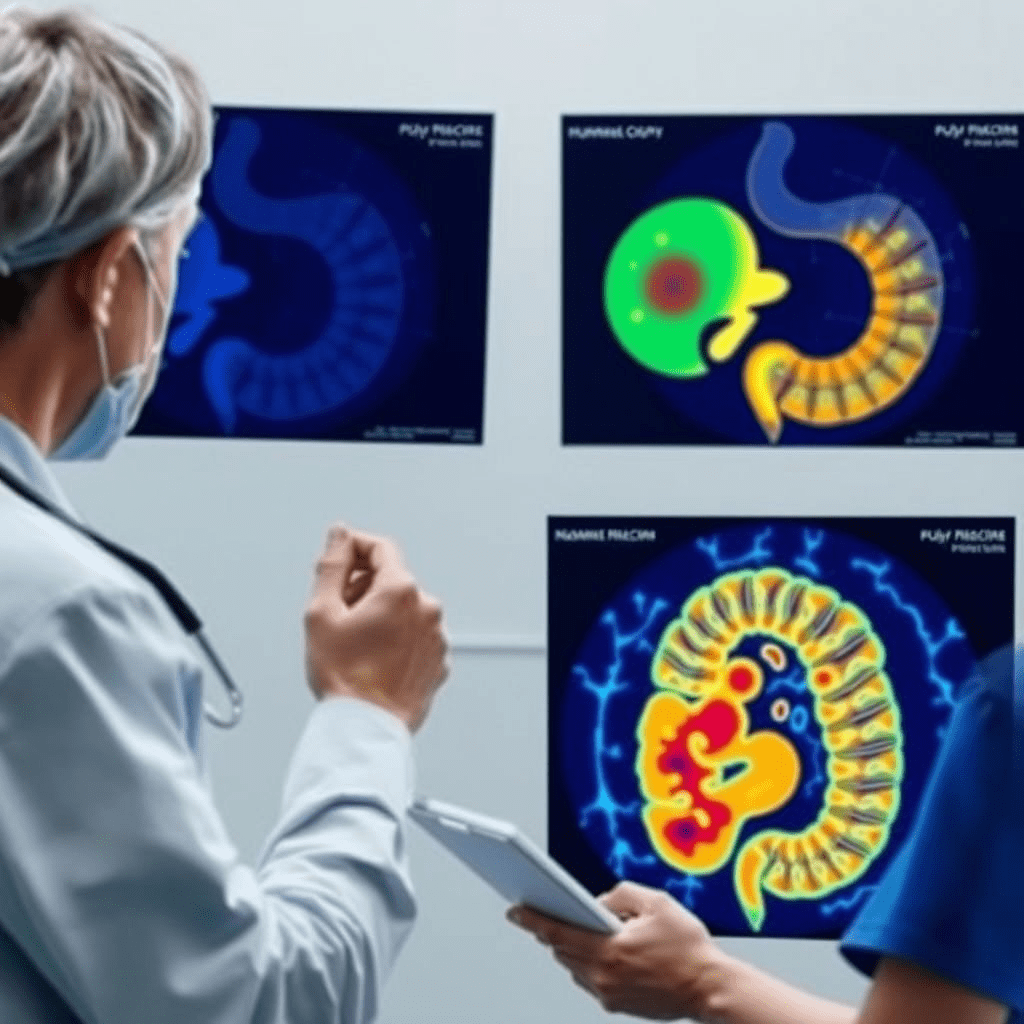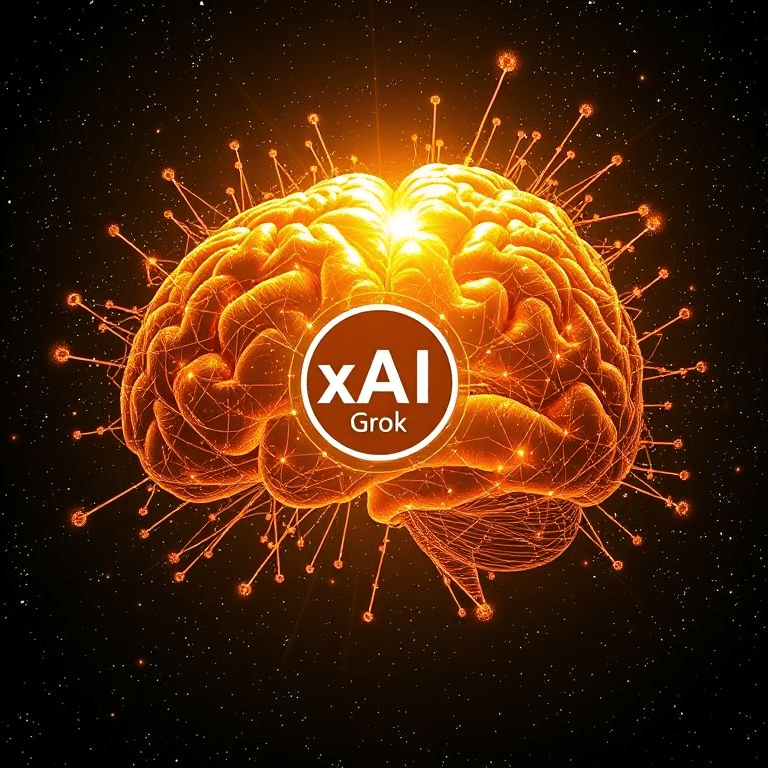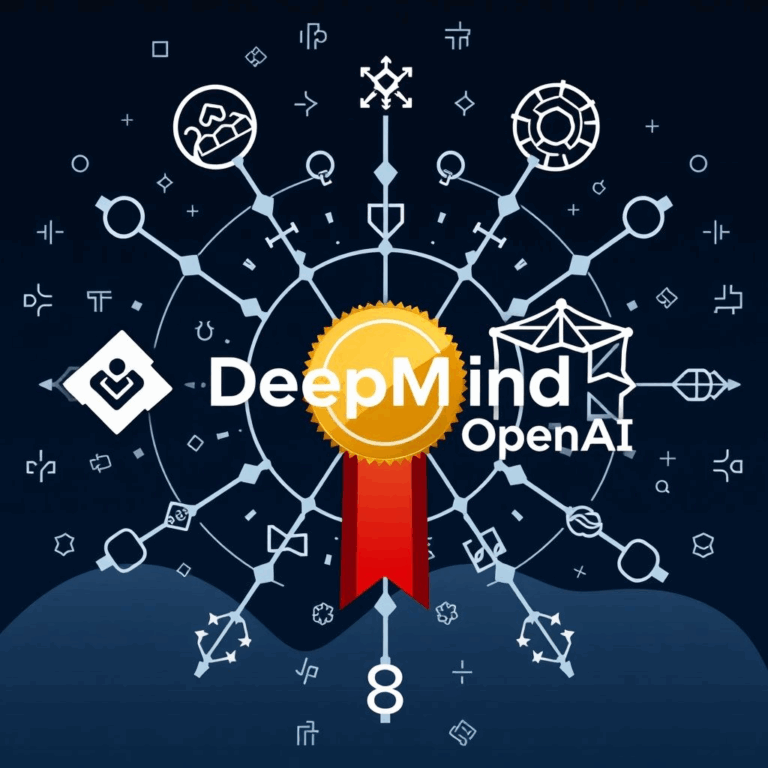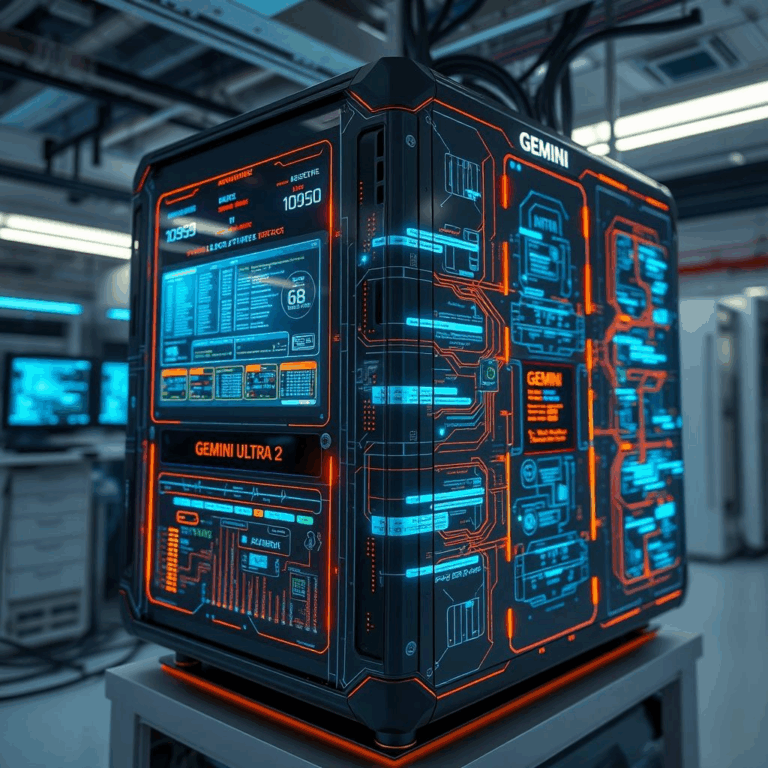Introduction: A Diagnostic Double-Edged Sword
In the rapidly evolving world of medical technology, artificial intelligence has earned accolades for its ability to revolutionize diagnostics—from detecting early-stage tumors to interpreting complex medical images. Yet, a groundbreaking study published in The Lancet Gastroenterology & Hepatology reveals a paradox: while AI has the power to augment, it may also undermine clinical judgment. The study, conducted across colonoscopy centers in Poland, reports that doctors who routinely used AI assistance saw their adenoma detection rate in non-AI procedures plunge from 28.4% to 22.4%—a 6% absolute or 20% relative decline .
Termed AI deskilling healthcare, this phenomenon spotlights a grave, unintended consequence of technological integration: the erosion of physicians’ core skills in the absence of AI. As AI becomes ubiquitous in healthcare, stakeholders must urgently rethink how to preserve medical expertise even as they embrace innovation.
Background: AI’s Promised Gains—and Emerging Risks
AI-enhanced tools have made significant inroads in medicine, particularly in gastroenterology, where real-time assistance can help detect precancerous adenomas early. Trials have demonstrated higher detection rates with AI support. Yet, this surge in AI reliance raised a critical, underexplored question: what happens to human performance when AI is suddenly unavailable?
The Lancet study—part of the ACCEPT (Artificial Intelligence in Colonoscopy for Cancer Prevention) trial—provides the first empirical evidence suggesting that routine AI use might impair clinician performance in AI-free contexts .
Study Design: Observational Insights from Four Polish Centers
Researchers conducted a retrospective observational study at four endoscopy centers in Poland between September 2021 and March 2022 :
- Participants: 1,443 colonoscopies without AI support—795 before AI introduction, 648 after.
- Primary Metric: Adenoma Detection Rate (ADR), a critical indicator of colonoscopy quality.
- Key Finding: ADR dropped from 28.4% to 22.4% post-AI exposure—a significant decline (p=0.0089).
- Covariates: AI exposure, patient sex, and age ≥60 were independently associated with ADR changes.
The research marks a first in medicine: real-world evidence of a negative effect on clinician skill due to AI familiarity .
Expert Voices: Interpreting the Worrisome Trends
A range of medical and AI research experts have weighed in on this unprecedented finding:
- Dr. Marcin Romańczyk, co-author: “This is the first study to suggest regular AI use may negatively impact clinicians’ ability to perform essential tasks.”
- Dr. Yuichi Mori, University of Oslo: Suggests even previous AI-assisted trial results may have masked deskilling effects during non-AI procedures .
- Dr. Catherine Menon, University of Hertfordshire: Warns of over-reliance risks, especially if AI is unavailable, leading to worse performance than before its use .
- Prof. Allan Tucker, Brunel University: Highlights deep cognitive biases when humans defer to AI—and the pressure clinicians feel to align with AI decisions .
- Dr. Omer Ahmad, quoted in Financial Times: Even a 1% decline in detection can affect population-level cancer outcomes, making a 6% drop particularly alarming .
The Implications of AI Deskilling in Medicine
1. Patient Safety Risks
A drop in ADR directly correlates with increased missed adenomas, potentially elevating colorectal cancer risk at the population level.
2. Clinical Training Gaps
If trainee doctors regularly rely on AI, they may fail to develop crucial diagnostic acuity—creating long-term vulnerability in medical education.
3. System Vulnerability
Hospitals face risks if AI systems malfunction, cyberattacks occur, or outages happen—human fallback skills may no longer be reliable .
4. Ethical and Legal Questions
Who bears responsibility if an AI-assisted physician misses a diagnosis? Should AI assistance be disclosed more transparently? These questions now take on higher urgency.
Broader AI Usage in Healthcare: Now vs. Later
Although the deskilling study focuses on gastroenterology, AI is already pervasive in multiple clinical areas:
- Radiology: AI tools aid in imaging interpretation but risk reducing human vigilance, especially among trainees .
- Pathology & Lab Diagnostics: Algorithmic scoring and sorting ease workloads but could erode hands-on diagnostic skills.
- Emergency Triage: AI-driven prioritization may lead clinicians to over-trust triage suggestions without critical evaluation.
These trends underscore why the Lancet findings could be a harbinger for broader systemic issues in medicine.
Strategies to Guard Against AI-Induced Deskilling
Integrate “AI-Free Sessions”
Encourage clinicians to perform procedures without AI in controlled environments to maintain independent competence.
Enhance Training Curricula
Medical education should include modules on AI literacy, emphasizing when to override AI and how to critically assess its output — in line with frameworks like Embedded AI Ethics Education .
Develop Human-in-the-Loop Protocols
Design AI systems that require human confirmation, and periodically audit clinician performance without AI aid.
Monitor Performance Metrics
Track ADR and other diagnostic metrics with and without AI over time to detect trends early.
Foster Ethical Awareness
Educate practitioners on automation bias, over-reliance risks, and responsibilities when AI is part of medical decision-making.
Path Forward: Ensuring AI Augments, Not Erodes, Medical Skill
- Further Research: Broaden studies to other specialties and longer-term effects.
- Policy Development: Health regulators should consider guidelines for safe AI integration, including mandatory performance monitoring safeguards.
- Technology Design: Create AI tools that amplify human capabilities without enveloping them—encouraging collaboration, not replacement.
- Educator Engagement: Encourage medical schools to embed AI competency and ethics into core training—ensuring doctors remain sharp in both tech-augmented and independent settings.
Conclusion
AI stands at the forefront of medical transformation—but the Lancet study offers a crucial caveat: technology’s ascent must be matched with vigilance over clinical competency. The concept of AI deskilling healthcare is not hypothetical—it’s a present signal demanding action.
AI should be a tool that elevates human expertise, not one that quietly replaces it. Ensuring that clinicians retain their diagnostic edge will determine whether AI becomes an ally—or an unintended adversary—in healthcare.







